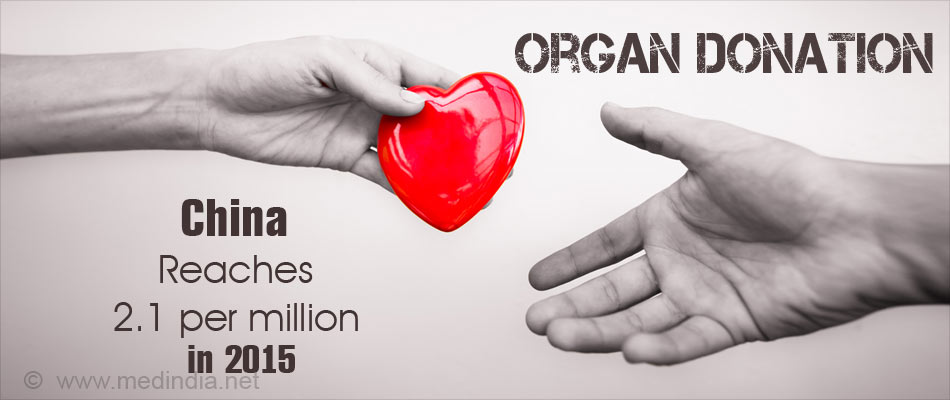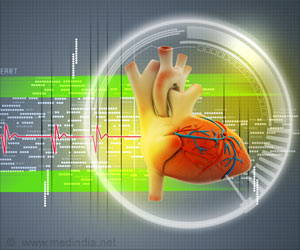
- The rate for organ donation per million of population in 2014 was 1.2 and in 2015 it almost doubled to 2.1.
- Till recently thousands of people were being killed for transplant tourism.
- Most prosecuted have been people who belonged to the Falun Gong practitioners.
- In 1984 a law was passed that made it legal to remove organs from executed criminals
- In 2015 this law was changed and voluntary deceased donation was possible
Huang Jiefu, former vice-minister of health and currently the chairman of the National Organ Donation and Transplantation Committee, said, "Organ transplantation in China has made a successful transformation in the past year." He also added,"It has won recognition by the world."
Stressing that the organs came from voluntary donors he said,"Last year the success rate of transplant surgery in China was also the highest, as organs were donated from citizens rather than retrieved from executed prisoners."
China has been known for one of the worst human right violation acts in the field of organ donation by following the practice of taking organs from executed prisoners or executing prisoners for organs. However, repeated protests by international transplant community and the media brought pressure on the government to change its stand, and a few years ago, China agreed to ban the practice of harvesting organs from executed prisoners. Most prosecuted have been people who belonged to the Falun Gong practitioners, a minority spiritual group in China. The group claims that the Chinese government is torturing them and harvesting their organs, and they want to know why no one is listening.
In 1984 a law was passed that made it legal to remove organs from executed criminals with the prior consent of the criminal or permission of relatives. A few medical groups and human rights activists have raised concerns over the growing ethical abuses from forced consent and corruption.
Huang, who is also a member of the National Committee of the Chinese People's Political Consultative Committee, hopes that his proposal to make kidney transplant surgery to be covered by China's basic medical insurance system may also help many suffering patient with kidney failure. China like India has a high incidence of diabetes and is likely to face a major rise in kidney disease in years to come.
Huang concluded by saying that "China's organ transplantation has become a cause of social interdependence. As all organs are donated free, all people should have equal rights to enjoy the transplant services. Nobody should be rejected just because they are poor."
Source-Medindia









